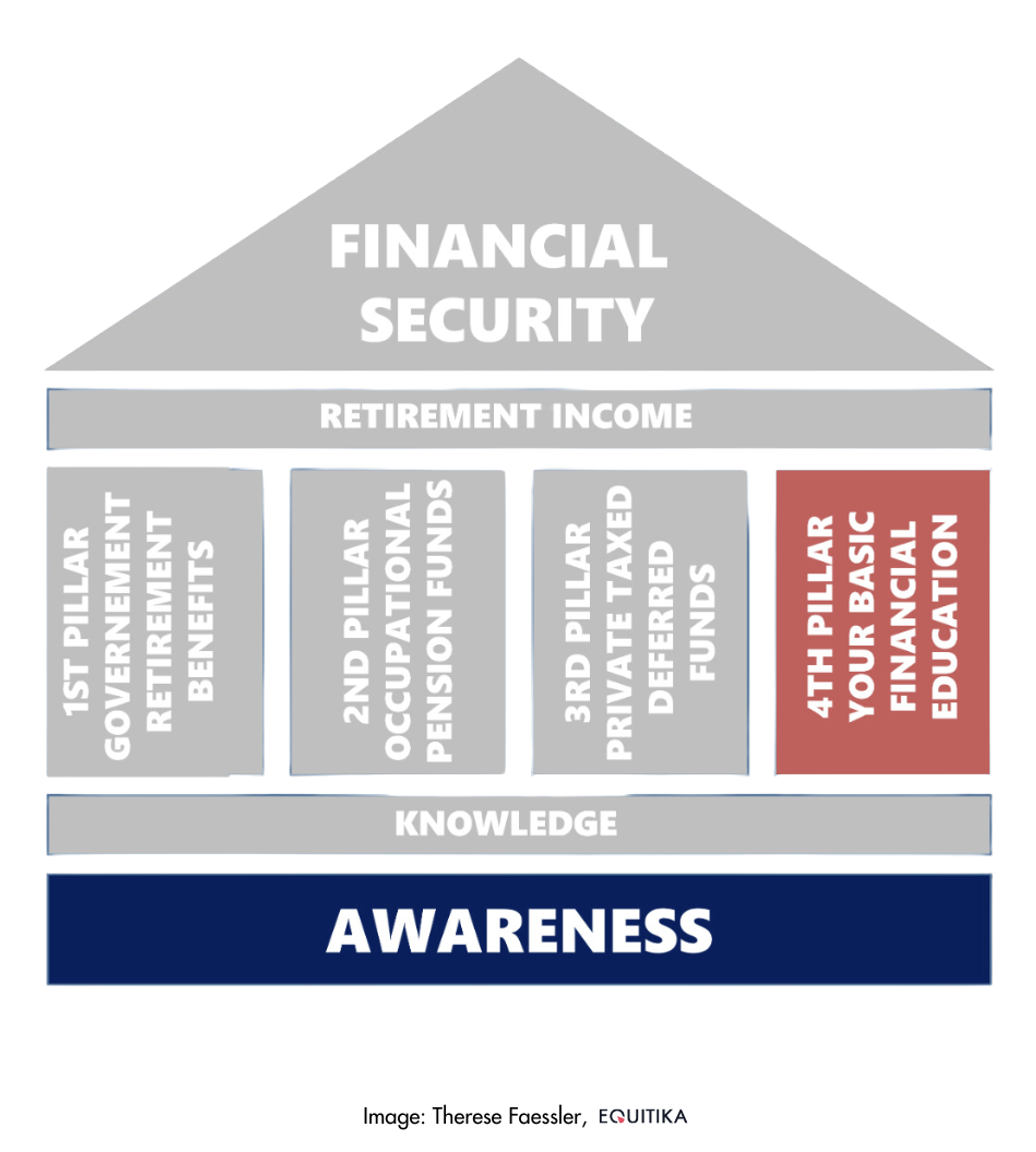Insurance is a critical component of personal and financial well-being, offering protection against unexpected losses and helping individuals and businesses recover from adverse events. In its simplest form, insurance is a contract between a policyholder and an insurance provider, where the insurer agrees to compensate the insured for specific potential future losses in exchange for a premium.
Why Insurance Matters
Life is unpredictable. Accidents, illnesses, natural disasters, and theft can happen when we least expect them. Insurance serves as a safety net, helping people and organizations manage risk and avoid financial ruin. Rather than bearing the full burden of a loss, policyholders share the risk with others through a system that pools premiums and redistributes funds as needed.
Common Types of Insurance
- Health Insurance
Health insurance helps cover medical expenses such as doctor visits, hospital stays, surgeries, and prescription medications. It can significantly reduce out-of-pocket costs and provide access to necessary care. - Auto Insurance
Required in most places, auto insurance protects against financial loss from car accidents, theft, or damage. It typically includes liability coverage, collision coverage, and comprehensive coverage. - Homeowners and Renters Insurance
These policies protect your property and personal belongings from risks like fire, theft, and natural disasters. Homeowners insurance also covers liability if someone is injured on your property. - Life Insurance
Life insurance provides a payout to beneficiaries upon the policyholder’s death, offering financial support to loved ones and helping cover expenses like funeral costs or outstanding debts. - Business Insurance
Business owners can insure against a variety of risks, including property damage, liability claims, employee-related risks, and business interruption.
How Insurance Works
When you buy an insurance policy, you pay a premium—usually monthly or annually. In return, the insurance company agrees to cover certain losses as outlined in the policy. If a covered event occurs, you file a claim. If approved, the insurer pays for the loss, either fully or partially, depending on the terms and limits of the policy.
Key terms to understand:
- Premium: The amount paid for the insurance policy.
- Deductible: The amount the insured must pay out-of-pocket before the insurer covers the rest.
- Claim: A request for payment from the insurer when a loss occurs.
- Coverage Limit: The maximum amount the insurer will pay for a covered loss.
Choosing the Right Insurance
When selecting insurance, it’s important to assess your risks and needs. Consider factors like your age, lifestyle, health, dependents, assets, and income. Comparing policies, understanding exclusions, and working with a licensed insurance agent or broker can help ensure you make informed decisions.
Conclusion
Insurance is more than just a financial product—it’s peace of mind. By transferring risk to an insurer, you gain security and stability in the face of life’s uncertainties. Whether it’s protecting your health, home, car, or family, insurance is a smart investment in your future.
Let me know if you’d like this article shortened, translated, or customized for a particular audience or industry.
